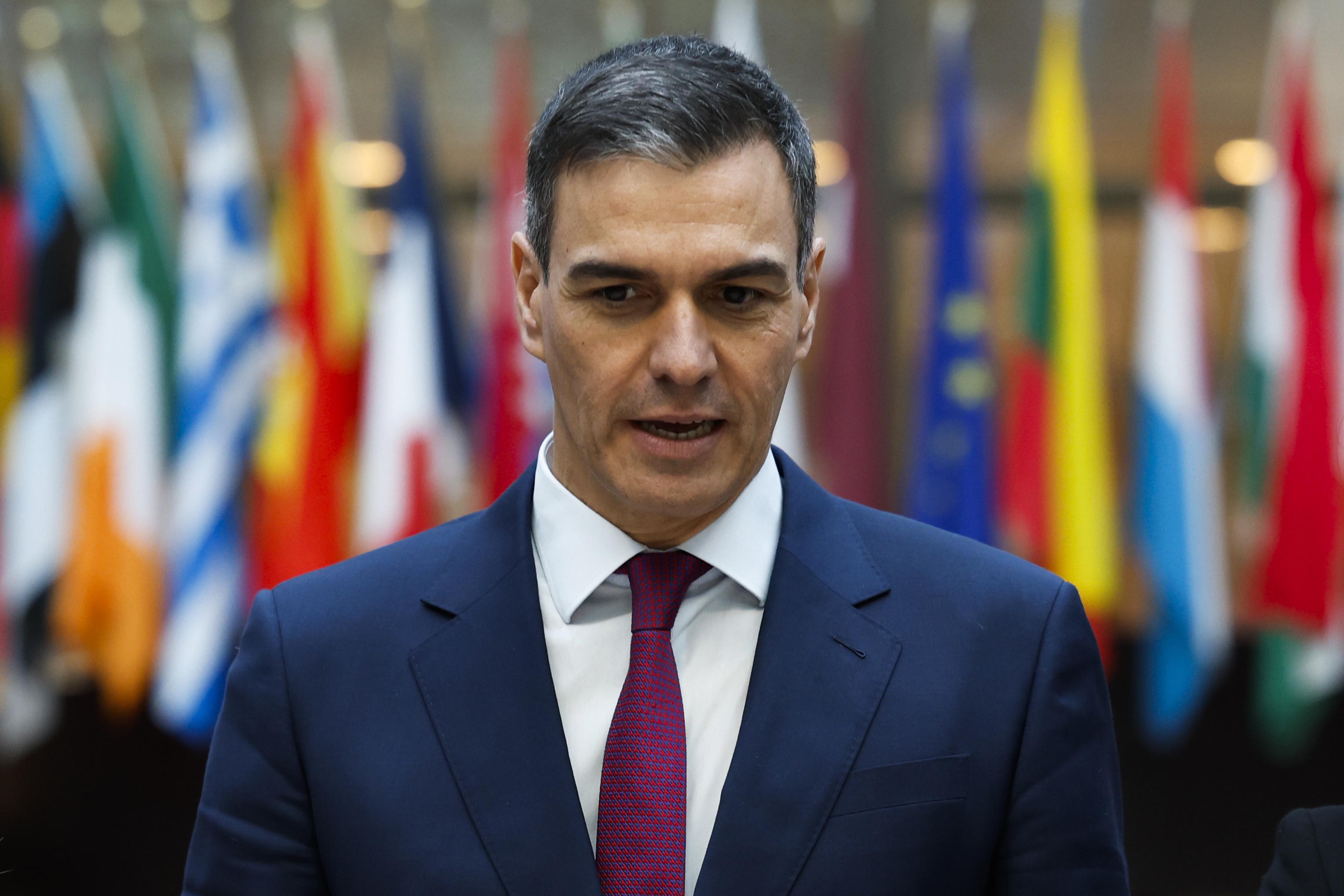A political leader's visit to China is always a significant moment. One travels to the world's second-largest economy. But doing so now means much more. Pedro Sánchez lands in Beijing this Friday - the first leader to do so after the tariff war broke out - on a trip coordinated with the EU, with the purpose of strengthening political and economic relations - in reality, there is a desire to somewhat rebalance the large trade gap between the two countries. The President of the Government will meet with Xi Jinping after the US criticized Spain for its approach to China and after Donald Trump declared a 90-day tariff truce with the exception of China.
Sánchez, who describes the imposition of tariffs as "unjustified" and "harmful," considers the truce announced by the US administration "a gateway to negotiation and agreement between countries."
"Spain advocates for a world of open doors," Sánchez expressed during his participation in a Spanish-Vietnamese business forum organized during his visit to Vietnam and just hours before landing in China. "A world where trade brings our peoples together and makes them more prosperous." Prior to this forum, he held a working breakfast with Spanish companies to discuss investment opportunities. As reported by this newspaper, the Vietnamese government approved an infrastructure investment plan ranging from 39,000 to 59,000 million euros. Spanish companies want to compete for bids and projects.
"Trade is not a zero-sum game. If one wins, the other can also win," stated the head of the Government just hours after the new move by the Trump administration, and while the criticisms of Treasury Secretary Scott Bessent, who said that Spain's approach to China "would be cutting its own throat," were still fresh.
These criticisms do not alter the Spanish Government's plan to deepen and intensify relations with Asia, with China at the forefront. "Fair rules are all that is needed. And we already have them, from the WTO to numerous trade agreements that the EU has promoted with many friendly blocs and countries, such as the free trade agreement with Mercosur, or the one we have sealed with Chile or the one we have renewed with Mexico, or the one we are negotiating with India. That is Europe's roadmap. And now we are not only going to maintain it, but we are going to expand it and persevere in it. With new partners. And with a strong and determined commitment to multilateralism," was the reflection shared by Sánchez.
The President of the Government, who always places Spain in his discourse under the umbrella of the EU, as a package even though his visit to China is bilateral, has positioned "outward vocation and commercial openness" as one of Spain's "great successes," serving as a driving force to strengthen "our relationships and our presence in a country of future and opportunities like Vietnam."
The truce decreed by Trump is, in any case, "good news" for the Government, which celebrates "anything that involves dialogue." "A truce is always better than a tariff," government sources express. However, they are still studying the announcement made by the US administration and its potential consequences. They urge to be "cautious." But what is clear in La Moncloa is that their commitment to Asia, with China playing a leading role, will not undergo any modification.
"We want to make a deep impact in Asia in the next four years, which is probably the area of the world where Spain still does not have as strong a presence as in the rest of the world," explained Foreign Minister José Manuel Albares in an informal conversation with journalists covering Sánchez's mini Asian tour. "China is a major player in trade."
Albares emphasizes the relevance of this country: "political influence, geographical extent, permanent member of the National Security Council of the United Nations. It has a specificity that is not lost on anyone."
